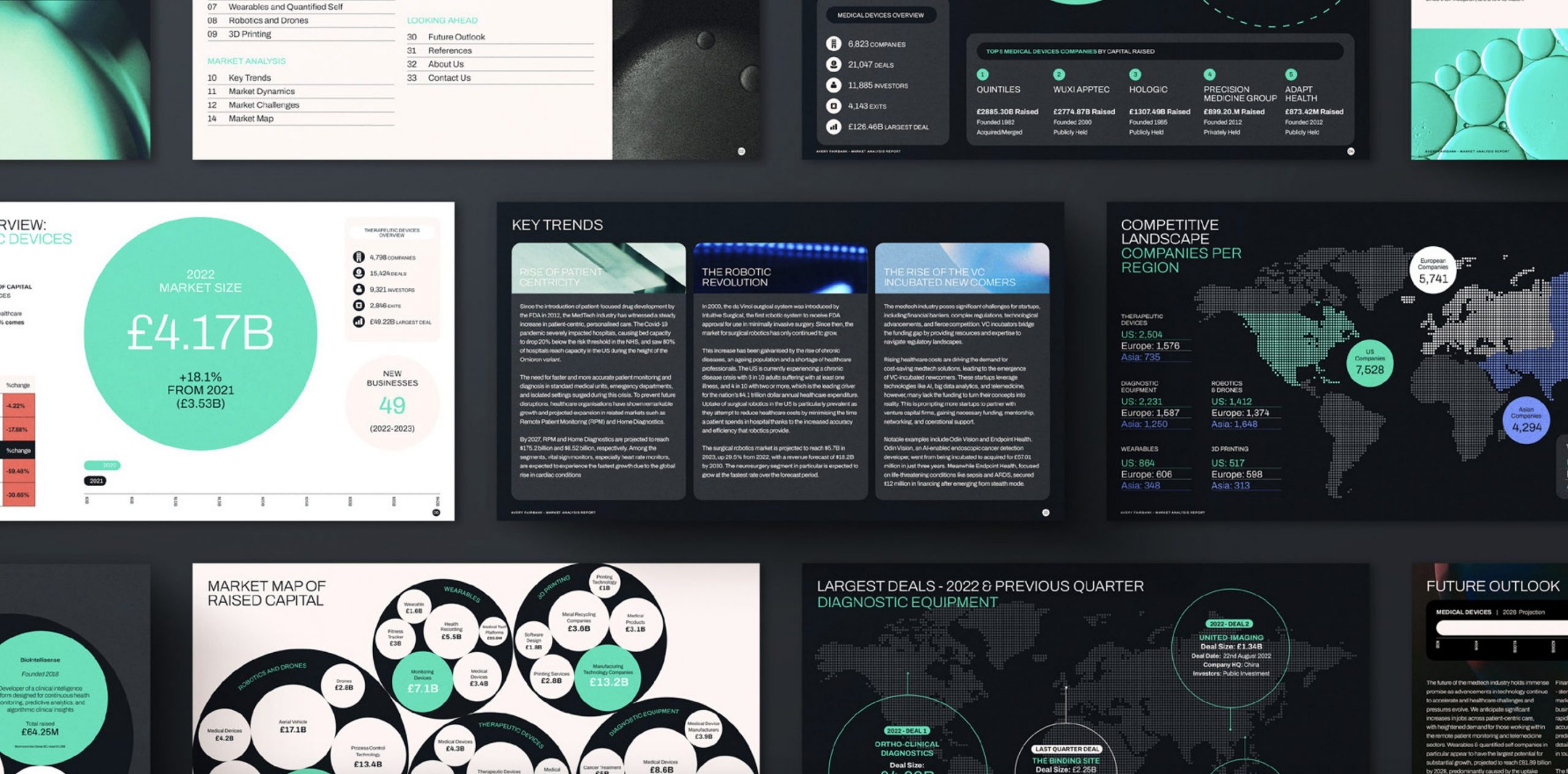November 22, 2023
Annually, the global expenditure on construction activities surpasses $10 trillion, a figure expected to grow by 4.2% through 2023. This substantial investment is increasingly driven by rapid technological advancements impacting every aspect of the construction ecosystem. McKinsey’s 2020 report, “The Next Normal in Construction,” highlights a shift towards integrating artificial intelligence (AI) into construction practices.
AI’s role in construction is set to enhance value across various project phases, including design, bidding, financing, procurement, construction, operations, asset management, and even in transforming business models. It addresses some of the industry’s most pressing challenges, such as safety issues, workforce shortages, and budget and schedule deviations.
As entry barriers decrease and advancements in AI, machine learning (ML), and analytics progress, the influence of AI in the construction sector is expected to become more pronounced.
Decoding AI and Machine Learning in Construction
AI in construction refers to systems that replicate human cognitive abilities, including problem-solving, pattern recognition, and learning. Machine learning, a branch of AI, involves statistical methods enabling systems to learn from data autonomously. As machines are exposed to more data, they improve in insight and analysis.
Bob Banfield, a machine learning engineer at Trimble, explains that machine learning algorithms function like an advanced version of the game ’20 Questions’, but these algorithms automatically generate queries based on the given data.
In construction, these algorithms tackle more complex scenarios. For example, a machine learning program could analyse a grading plan, evaluating various factors like machine uptime, weather conditions, and previous projects to forecast potential risks and notify accordingly.
AI and ML: Revolutionising Construction Management
The applications of AI and ML in construction are broad and transformative. From processing routine requests for information and change orders to acting as intelligent assistants for project managers, machine learning can sift through extensive data to highlight critical issues requiring attention.
AI in construction goes beyond simple tasks like filtering emails to more complex roles like enhancing safety measures on job sites. These systems are becoming increasingly integral in the industry, heralding a new era of efficiency and smart construction management.
Examples of AI in Construction
Mitigating Budget Overruns
Large-scale projects often exceed their budgets, even with top-tier project teams. Artificial Neural Networks are now being utilised to forecast budget overruns, analysing factors like project size, contract type, and project manager expertise. Predictive models use historical data, such as estimated start and end dates, to set realistic timelines. AI also facilitates remote access to training materials, speeding up the onboarding process and improving project timelines.
AI-Driven Generative Design
Building Information Modeling, a 3D model-based technique, aids professionals in efficiently planning and managing construction projects. AI-powered generative design is employed to prevent conflicts among various team models, ensuring architectural, engineering, and MEP plans integrate seamlessly. This software uses machine learning to explore solution variations, generating optimised 3D models that evolve through iterative learning.
Risk Management
AI and machine learning are instrumental in managing risks associated with quality, safety, time, and cost in construction projects. General contractors use these technologies to monitor and rank risks, enabling project teams to focus on the most critical factors. AI algorithms assign priority to issues and rate subcontractors based on risk scores, aiding in effective risk mitigation.
Project Planning
An emerging construction intelligence company uses robots for 3D site scans, feeding data into a neural network that assesses project progress. This helps in identifying and addressing issues early. Future algorithms may employ reinforcement learning to optimise project planning through a trial-and-error approach, assessing various combinations and alternatives.

Productivity Boost on Construction Sites
Companies are introducing self-driving machinery for tasks like concrete pouring and bricklaying. Autonomous bulldozers, guided by human programmers, can prepare sites precisely, freeing up workers for more skilled tasks. Project managers leverage technologies like facial recognition and onsite cameras to monitor worker productivity and adherence to procedures, enhancing overall efficiency.
Enhancing Safety in Construction
In the construction industry, worker fatalities occur at a rate five times higher than in other labour sectors. Falls, being struck by objects, electrocution, and caught-in/between incidents are the most common causes, as reported by OSHA. A technology firm in Boston has developed an algorithm that reviews site photographs for safety risks, like inadequate protective gear, and correlates these findings with accident records. This tool could potentially assign risk ratings to projects, allowing for timely safety briefings when high risks are identified. The company has also begun issuing safety scores for U.S. states based on COVID-19 protocol adherence.
Alleviating Labour Shortages
To combat labour shortages and improve productivity, construction companies are turning to AI and data science. According to a 2017 McKinsey report, real-time data analysis could enhance productivity by up to 50%. AI and machine learning are now being employed to optimise labour and equipment distribution across projects. Robots like Spot the Dog, which autonomously scan sites, help project managers in resource allocation, especially in remote areas where skilled labour is limited.
Off-Site Construction
There’s a growing trend of using off-site factories with autonomous robots for assembling building components, which are then finalised by human workers on-site. Autonomous machinery efficiently completes tasks like wall assembly, allowing human workers to focus on detailed aspects such as plumbing, HVAC, and electrical systems.
AI and Big Data in the Construction Industry
With the continuous generation of vast data, AI systems have become invaluable in learning and evolving daily. Construction sites now serve as rich data sources for AI, with information from mobile devices, drone footage, security sensors, and BIM contributing to a substantial data pool. This data is used by construction professionals and clients for insightful analysis through AI and machine learning.
Post-Construction Applications
After project completion, AI continues to play a vital role. Building managers utilise AI for ongoing monitoring and maintenance, employing sensors, drones, and wireless technologies. AI algorithms provide insights into building operations and performance, assisting in identifying potential issues, scheduling preventative maintenance, and optimising security and safety measures.
Construction’s AI-Powered Future
The integration of robotics, AI, and the Internet of Things (IoT) is set to revolutionise the construction industry, potentially reducing building costs by up to 20%. Engineers, equipped with virtual reality goggles, can deploy miniature robots to monitor ongoing construction, using cameras to track progress. AI plays a crucial role in strategizing the layout of electrical and plumbing systems in contemporary buildings. Furthermore, AI-driven safety systems are being developed to enhance worksite security.
One of AI’s key applications is monitoring the real-time interaction of workers, machinery, and onsite materials, providing timely alerts to supervisors about potential safety hazards, construction mistakes, and productivity concerns.
Contrary to concerns about significant job displacement, AI is more likely to reshape business practices rather than replace the human workforce in construction. Its implementation aims to minimise costly errors, reduce the frequency of worksite accidents, and optimise overall operational efficiency.
For construction industry leaders, the focus should be on strategically investing in AI where it can significantly impact their specific operational needs. Companies that are proactive in adopting AI stand to influence the industry’s trajectory and reap benefits both in the immediate and distant future.
Our seasoned team excels in scouting elite professionals in AI and Construction, positioning your organisation at the cutting edge of technological innovation. Should you aim to bolster your team with pivotal figures capable of steering AI advancements in the construction sector, we encourage you to explore our website for comprehensive information about our executive search services. For a tailored discussion regarding your specific needs, feel free to contact us at your convenience.

Published on 22-11-2023


